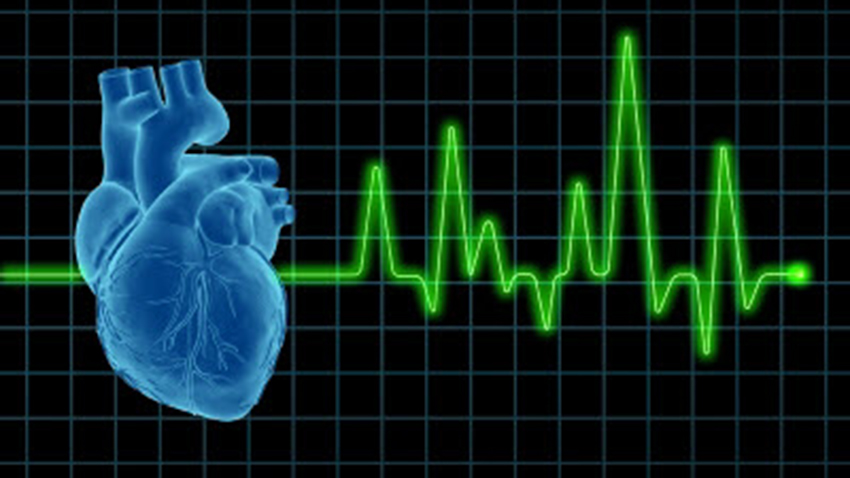Heart Health
Knowledge is Power.
True/False - Quiz: Do You Understand Heart Health?
Information - Heart Health
 Heart disease is the leading cause of death for men and women in North America. Heart disease refers to many conditions that affect the heart, including coronary artery disease, heart valve disease, heart attack, heart rhythm problems (arrhythmias) and congenital heart disease.
Heart disease is the leading cause of death for men and women in North America. Heart disease refers to many conditions that affect the heart, including coronary artery disease, heart valve disease, heart attack, heart rhythm problems (arrhythmias) and congenital heart disease.
Heart Disease Symptoms
Heart disease symptoms depend on the type of heart disease you have. However, there are some common cardiovascular disease symptoms that many people experience including:
• Pain, aching or discomfort in the chest and arm (can spread to other parts of the body)
• Nausea or vomiting
• Dizziness
• Sweating
• Restlessness
 Risk factors for heart disease include obesity, high blood pressure, smoking, high cholesterol and diabetes.
Risk factors for heart disease include obesity, high blood pressure, smoking, high cholesterol and diabetes.
Heart-Healthy Diets & Exercise
While there are some heart disease risk factors you can’t control, there are some you can, including diet and lifestyle. Up to 80% of premature heart disease and stroke can be prevented through your lifestyle habits. A diet low in saturated fat and high in fibre and plant food can reduce your risk of developing heart disease by:
• Improving your cholesterol and blood pressure levels
• Controlling your blood sugar
• Helping you maintain a healthy body weight
 Exercise is also key to your heart health. For overall cardiovascular health experts recommend at least 30 minutes of moderate-intensity aerobic activity at least 5 days per week or at least 25 minutes of vigorous aerobic activity at least 3 days per week (or a combination of the two). In addition, moderate- to high-intensity muscle-strengthening activity at least 2 days per is beneficial.
Exercise is also key to your heart health. For overall cardiovascular health experts recommend at least 30 minutes of moderate-intensity aerobic activity at least 5 days per week or at least 25 minutes of vigorous aerobic activity at least 3 days per week (or a combination of the two). In addition, moderate- to high-intensity muscle-strengthening activity at least 2 days per is beneficial.
If you need to lower your blood pressure or cholesterol, you should be getting 40 minutes of aerobic exercise of moderate to vigorous intensity three to four times a week to lower your risk of heart attack and stroke. When it comes to heart health, the best place to start is with your physician – he or she can help you get on the right track with diet, exercise and lifestyle modifications.
Talk to your family physician if you'd like more information on heart health.
Visit HealthChoicesFirst.com for more videos and resources on family health.
Print this Action Plan and check off items that you want to discuss with your healthcare provider
-
Risk factors for heart disease include obesity, high blood pressure, smoking, high cholesterol and diabetes.
-
While symptoms vary depending on the type of heart disease you have, there are some common symptoms that many people experience including pain, aching or discomfort in the chest and arm, nausea or vomiting, dizziness, sweating and restlessness.
-
While there are some heart disease risk factors you can’t control, there are some you can, including diet and lifestyle. Up to 80% of premature heart disease and stroke can be prevented through your lifestyle habits.
-
A diet low in saturated fat and high in fibre and plant food can reduce your risk of developing heart disease by improving your cholesterol and blood pressure levels, controlling your blood sugar and helping you maintain a healthy body weight.
-
Exercise is also key to your heart health. For overall cardiovascular health experts recommend at least 30 minutes of moderate-intensity aerobic activity at least 5 days per week or at least 25 minutes of vigorous aerobic activity at least 3 days per week (or a combination of the two). In addition, moderate- to high-intensity muscle-strengthening activity at least 2 days per is beneficial.



